Clinical trial on patients in 6 mths after promising results on mice.
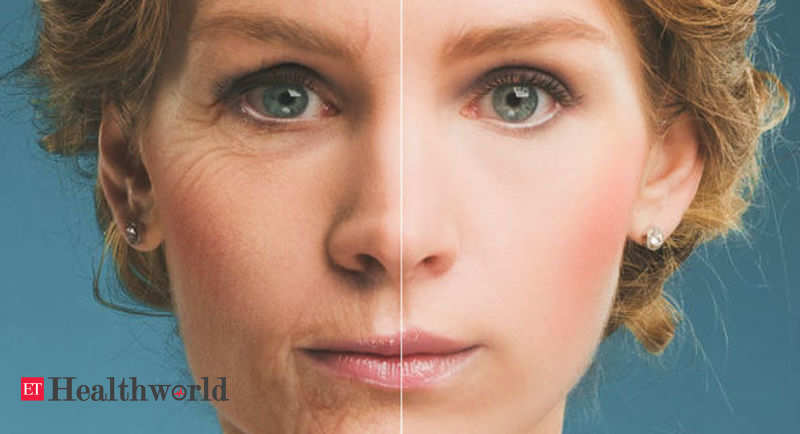

Tired of the coronavirus? Well, the good news is that there are several vaccines in development that are in their final phase of clinical testing before they can be approved for public usage. The bad thing, however, is the fact that there are only so many doses each vaccine manufacturer can make- meaning solving the pandemic will be as much a problem of distribution and manufacturing as it is research and development.
PS: The stock footage from this photo comes from Videvo!
Discord Link: https://discord.gg/brYJDEr
Patreon link: https://www.patreon.com/TheFuturistTom
Please follow our instagram at: https://www.instagram.com/the_futuris…
For business inquires, please contact [email protected]

Glioblastoma is the most aggressive type of cancer that begins with the brain and develops from astrocytes, star-shaped brain cells that help protect the brain from diseases in the blood and provide the brain’s neurons with nutrients, with around 12,000 cases diagnosed in the United States each year. Glioblastoma cells have more genetic abnormalities than the cells of other types of astrocytoma brain cancer. Now researchers from the University of Virginia (UVA) School of Medicine report they have identified an oncogene responsible for this deadly cancer.
Their study, “A cytoskeleton regulator AVIL drives tumorigenesis in glioblastoma,” is published in Nature Communications and led by Hui Li, PhD, associate professor, pathology, at the University of Virginia School of Medicine and the UVA Cancer Center.
“Glioblastoma is a deadly cancer, with no effective therapies. Better understanding and identification of selective targets are urgently needed. We found that advillin (AVIL) is overexpressed in all the glioblastomas we tested including glioblastoma stem/initiating cells, but hardly detectable in non-neoplastic astrocytes, neural stem cells or normal brain,” the researchers wrote.
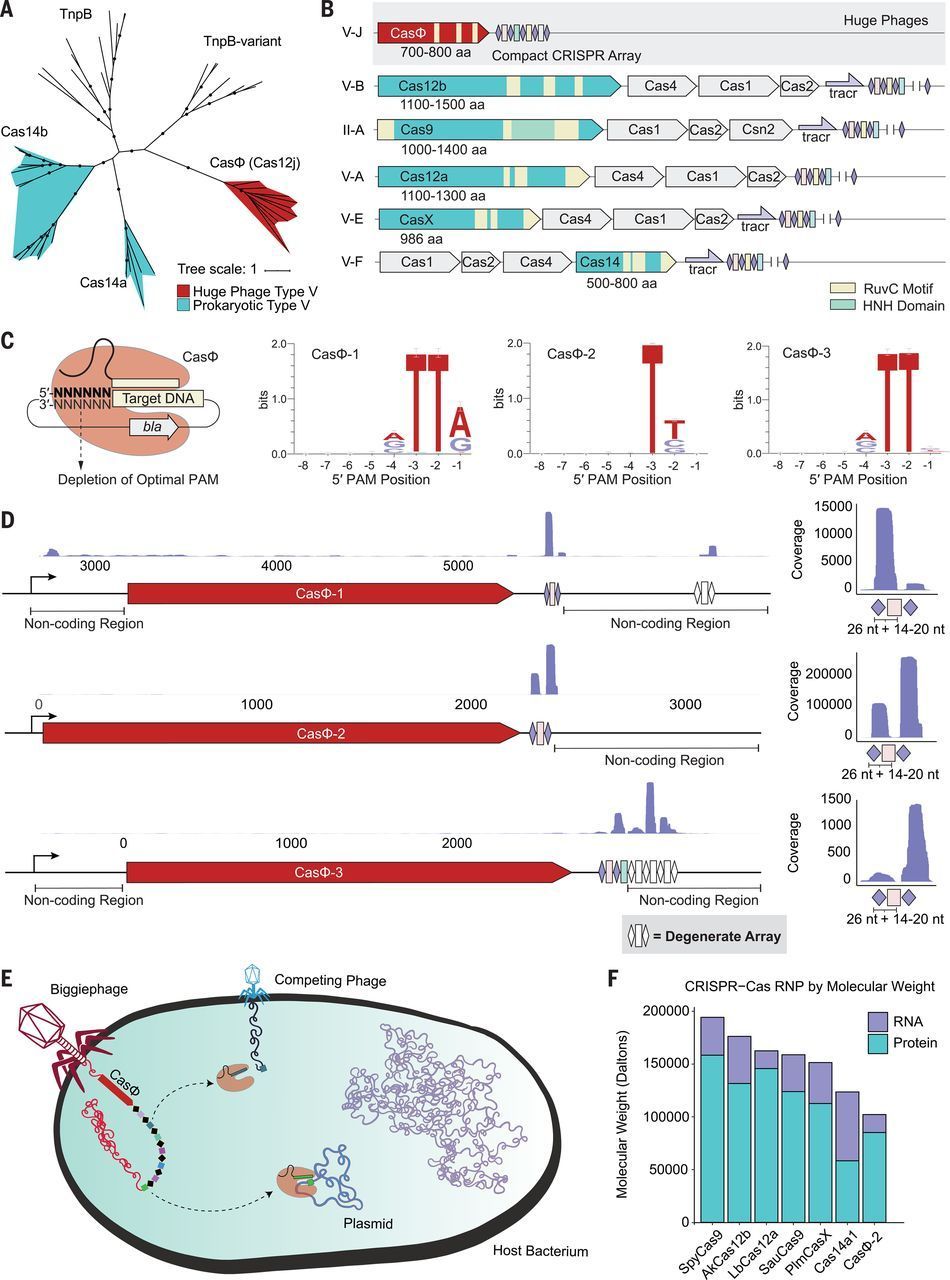
The CRISPR-Cas system, naturally found in many prokaryotes, is widely used for genome editing. CRISPR arrays in the bacterial genome, derived from the genome of invading viruses, are used to generate a CRISPR RNA that guides the Cas enzyme to destroy repeat viral invaders. Recently, an unexpectedly compact CRISPR-Cas system was identified in huge bacteriophages. Pausch et al. show that even though this system lacks commonly found accessory proteins, it is functional. In addition to a CRISPR array, the only component of the system is an enzyme called CasF, which uses the same active site to process transcripts of the CRISPR arrays into CRISPR RNA and to destroy foreign nucleic acids. This system, which is active in human and plant cells, provides a hypercompact addition to the genome-editing toolbox.
Science this issue p. 333
CRISPR-Cas systems are found widely in prokaryotes, where they provide adaptive immunity against virus infection and plasmid transformation. We describe a minimal functional CRISPR-Cas system, comprising a single ~70-kilodalton protein, CasΦ, and a CRISPR array, encoded exclusively in the genomes of huge bacteriophages. CasΦ uses a single active site for both CRISPR RNA (crRNA) processing and crRNA-guided DNA cutting to target foreign nucleic acids. This hypercompact system is active in vitro and in human and plant cells with expanded target recognition capabilities relative to other CRISPR-Cas proteins. Useful for genome editing and DNA detection but with a molecular weight half that of Cas9 and Cas12a genome-editing enzymes, CasΦ offers advantages for cellular delivery that expand the genome editing toolbox.

2020 is officially a movie:
Russian hackers are trying to steal COVID-19 vaccine and treatment research from pharmaceutical and academic institutions, according to Britain’s National Cyber Security Centre.
Hackers backed by the Russian state are trying to steal COVID-19 vaccine and treatment research from academic and pharmaceutical institutions around the world, Britain’s National Cyber Security Centre (NCSC) said on Thursday.
The global health crisis is accelerating meta-trends and hurling civilization towards the transhuman future. The disruptors are being disrupted, and the rush is on to digitize and virtualize everything in weeks’ time that otherwise would have taken a few years to play out. Recent surveys show that we have compressed five years in business and consumer digital adoption within a couple of months. https://www.ecstadelic.net/top-stories/the-great-reset-2020-…-look-like
#GreatReset2020
Expert Opinion: We’ll remember this time of tremendous change when we all looked like masked robbers and hijackers, the time of accelerated digital transformation and virtualization, geopolitical polarity, transpired meta-trends such as having more leisur.
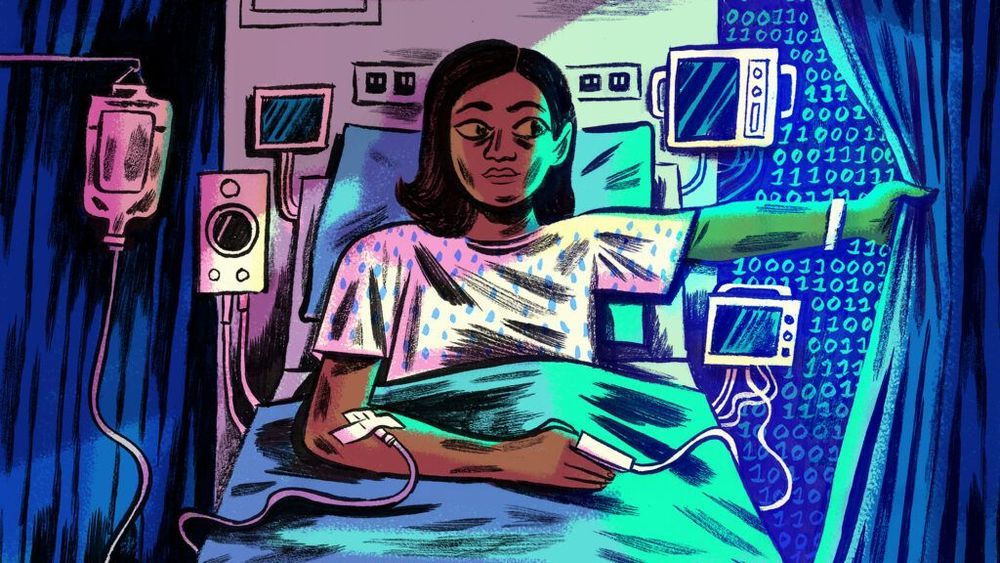
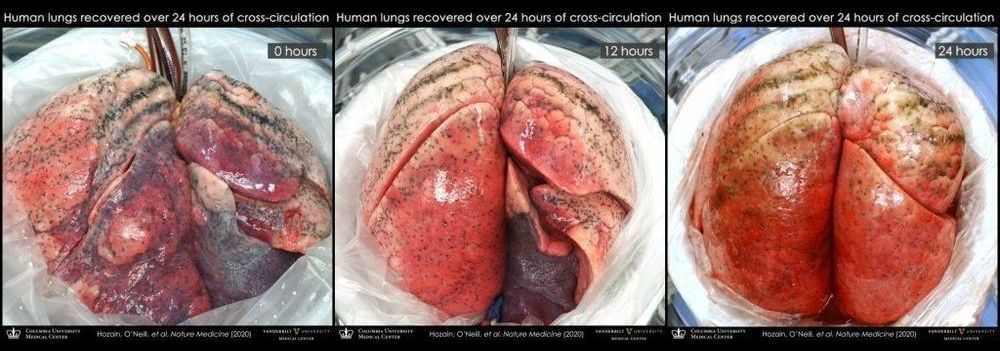
https://www.sciencealert.com/a-damaged-human-lung-has-been-r…t-to-a-pig
The sad reality of terminal lung illnesses is that there are simply far more patients than there are donor lungs available. This isn’t just because of the low number of donors, which would be problem enough, but many donor lungs are significantly damaged, rendering them unusable.
By using a new experimental technique, though, such a damaged lung has now been restored to function — by sharing its circulatory system with that of a living pig. This leverages the body’s self-repair mechanisms to exceed the capabilities of current donor lung restoration techniques.
“It is the provision of intrinsic biological repair mechanisms over long-enough periods of time that enabled us to recover severely damaged lungs that cannot otherwise be saved,” say the lead researchers, surgeon Ahmed Hozain and biomedical engineer John O’Neill of Columbia University.
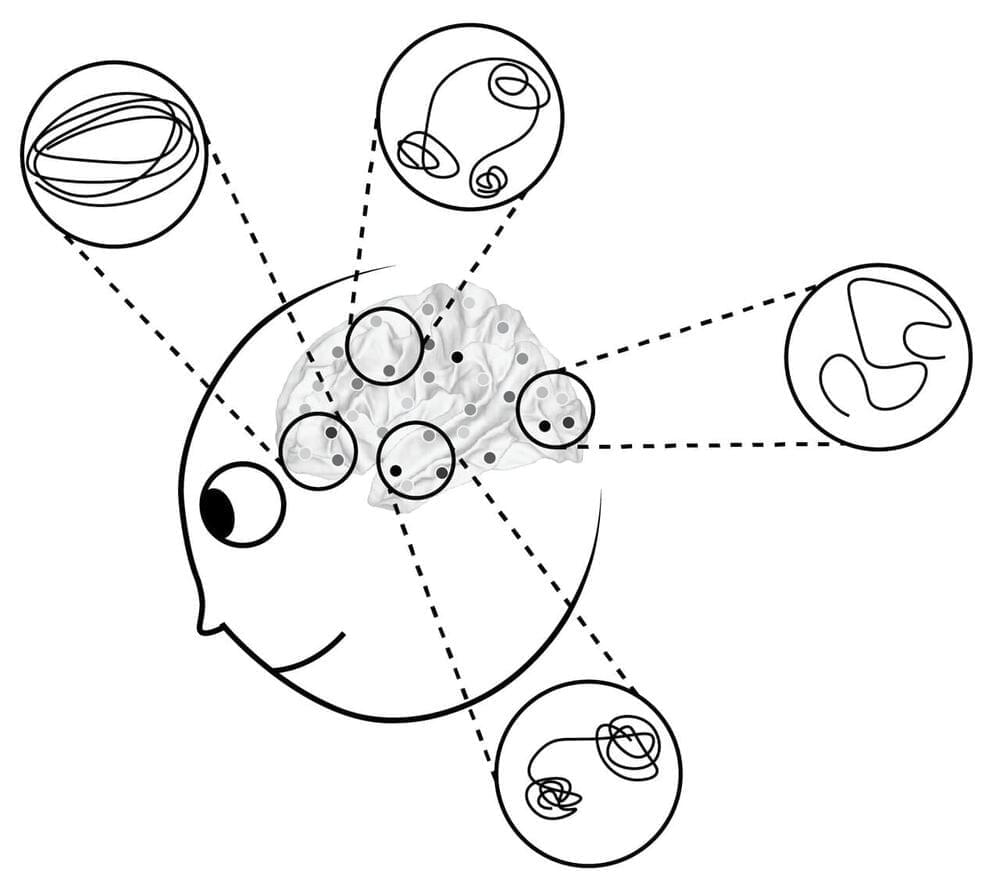
Groups of neurons in the human brain produce patterns of activity that represent information about the stimuli that one is perceiving and then convey these patterns to different brain regions via nerve cell junctions known as synapses. So far, most neuroscience studies have focused on the two primary components of neuron information processing individually (i.e., the representation of stimuli in the form of neural activity and the transmission of this information in networks that model neural interactions), rather than exploring them together.
A team of researchers at the University of Pennsylvania recently reviewed literature investigating each of these two components, in order to develop a holistic framework that better describes how groups of neurons process information. Their paper, published in Nature Neuroscience, introduces a holistic theoretical perspective that could inform future neuroscience research focusing on neural information processing.
“In the past decade or so, neuroscientists have used more sophisticated tools to understand how the brain represents things that it sees or hears in its environment,” Harang Ju and Danielle Bassett, the two researchers who carried out the study, told Medical Xpress. “Some researchers studied brain representations as single patterns of brain activity, while others studied representations as changing patterns of activity. The aim of our paper was to explore how understanding the brain as a network of neural units and their connections could frame the recent developments in a way that helps push the field towards a better understanding of the dynamic nature of neural representations.”
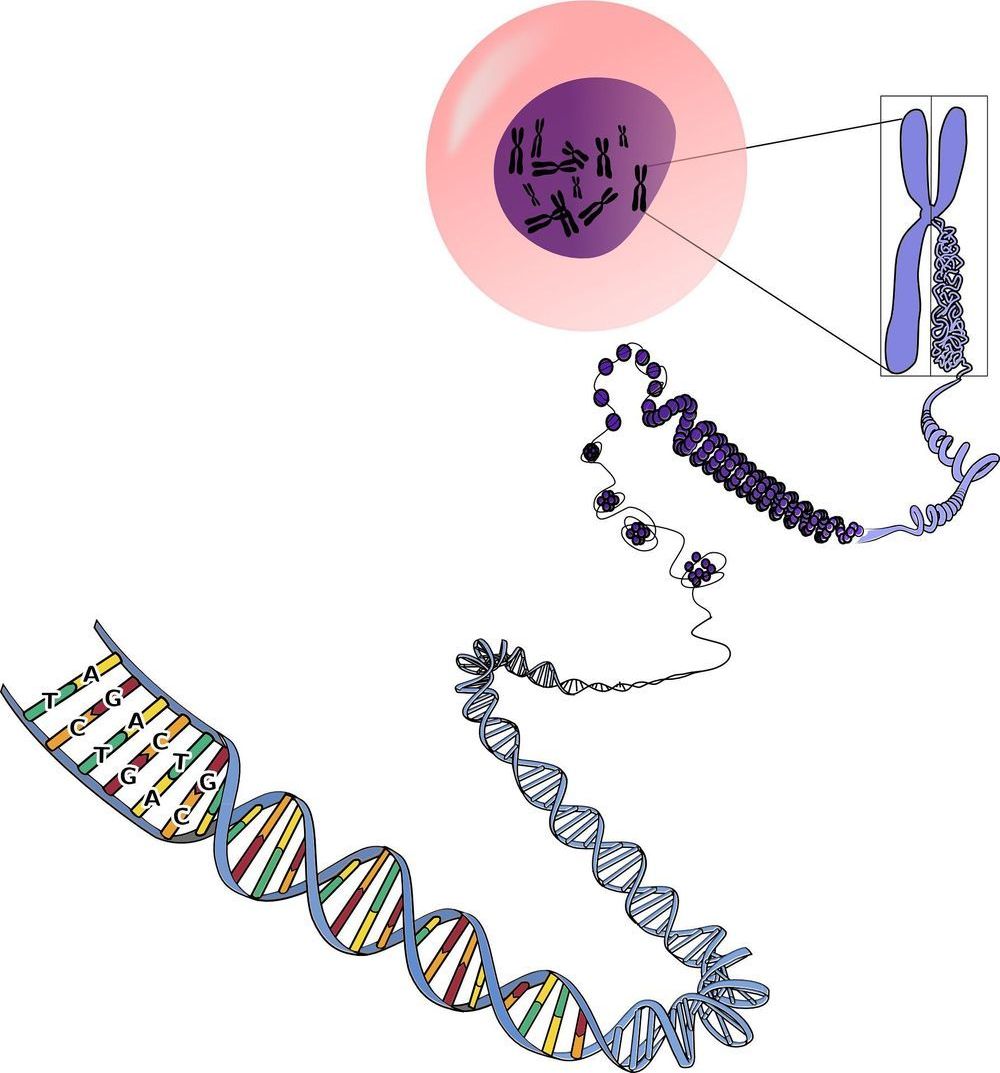
Scientists successfully edited RNA in a living animal in such a way that the repaired RNA then corrected a mutation in a protein that gives rise to a debilitating neurological disorder in people known as Rett syndrome.
The advance by researchers at Oregon Health & Science University publishes in the journal Cell Reports.
“This is the first example of using programmable RNA editing to repair a gene in mouse models of a neurological disease,” said senior author Gail Mandel, Ph.D., senior scientist in the OHSU Vollum Institute. “This gives us an approach that has some traction.”